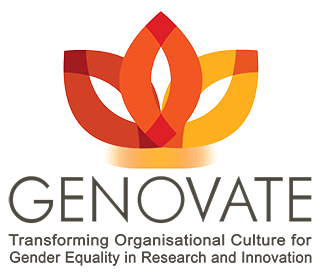 The GENOVATE Community is a platform which enables GENOVATE partners to share institutional information and case studies, and facilitates the coordination of a buddy system for bench learning.
The GENOVATE Community is a platform which enables GENOVATE partners to share institutional information and case studies, and facilitates the coordination of a buddy system for bench learning.
The GENOVATE Community consist of seven GENOVATE partner institutions; the GENOVATE International Advisory Board; key strategic collaborators and stakeholders and the general public. It is a mechanism designed to facilitate meaningful knowledge exchange across the community at local, national and international levels within each of the partner institutions’ countries, across Europe and globally.

How to support more sustainable recruitment processes? How to integrate a gender equality perspective in recruitment processes? How to create an attractive and equal work place? How to increase a number of women in the IT sector?
LTU’s first Genovate Learning Circle on June 10, 2015 attracted both internal and external stakeholders with diverse competencies and experiences. Participants from two universities, companies, a municipality and a funding agency discussed and shared knowledge and experiences on recruitment in academia and other organisations. More pictures of the three-hour interactive workshop are available on the web site http://www.ltu.se/centres/cdt/Om-oss/Genus-och-mangfald/Genovate-Learning-Circle
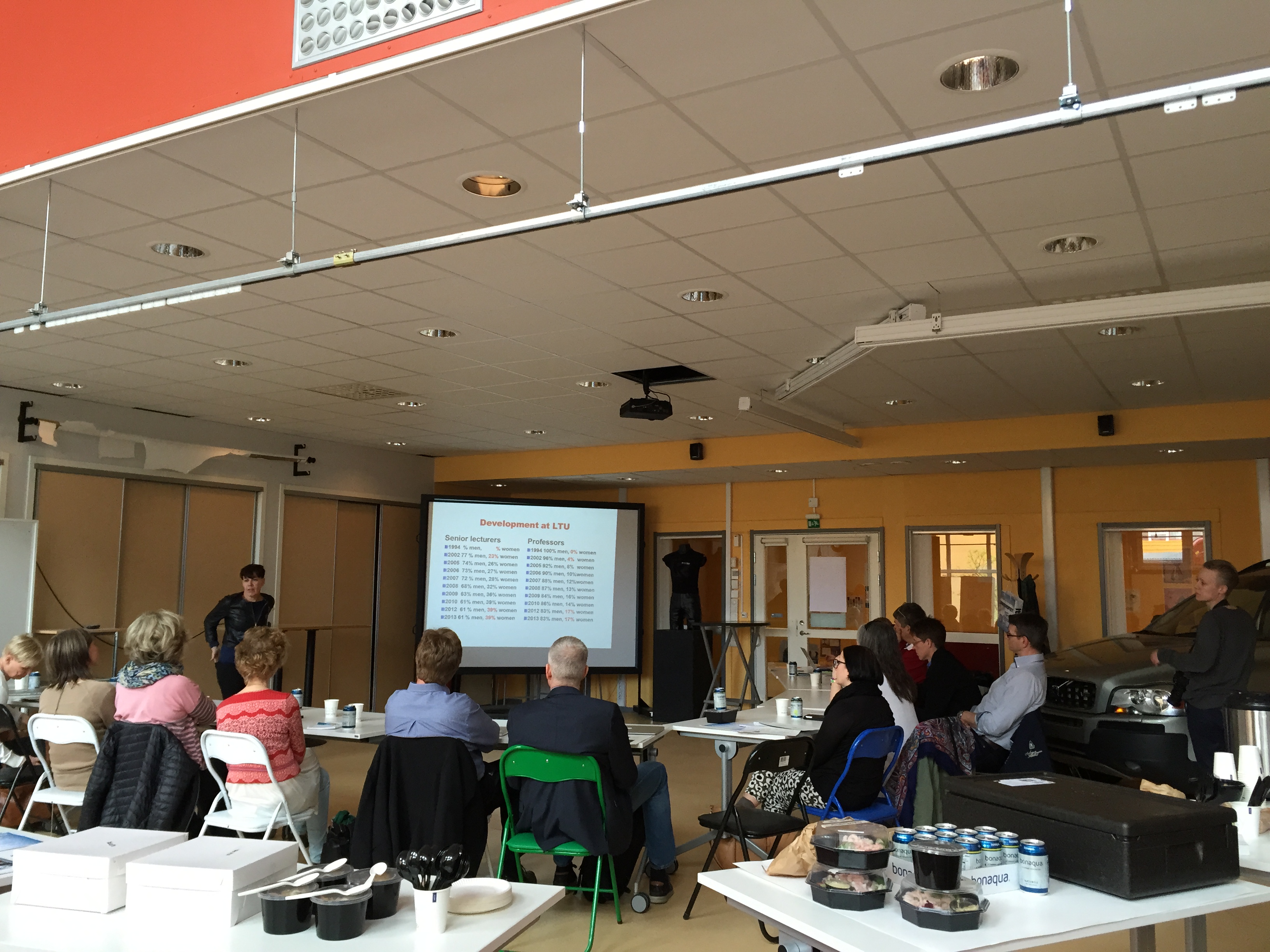

@ University of Bradford
Organised by the Centre for Inclusion and Diversity
With contributions from a wide range of eminent national and international speakers, this popular conference will feature the latest research and development and the synthesis and application of knowledge. The conference aims to explore the varying interventions aimed at advancing equality, with the objective of informing the development of good practice in the effective use of diversity interventions in organisations.
Conference Themes:
Diversity Management in the Workplace (DM)
Practicing Diversity (PD)
Inclusive Leadership (IL)
Identity, Belonging and Intersectionalities (IBI)
Gender Specific presentations:
Snakes and ladders - The impact of motherhood upon women's career outcomes in registered nursing in Scotland. Dr Bryan McIntosh, Associate Dean, Faculty of Health Studies, University of Bradford (DM) (Small Hall)
Gender diversity in the university sector: an exploration of the gendered nature of academic leadership. Collette Fagan, Dr Nina Teasdale, Jane Ferguson, Lis Seston, Karen Hassell, Manchester School of Social Sciences / School of Pharmacy, University of Manchester (IL) (D3)
Journeying towards transforming organisational culture for gender equality in research and innovation. Professor Udy Archibong, Dr Nazira Karodia, Dr Crina Oltean-Dumbrava, Centre for Inclusion and Diversity, University of Bradford (DM) (Small Hall)
Booking is available from the conference website. http://www.bradford.ac.uk/health/mdicac-2015/
We are looking forward to seeing many of you next week!
Follow us on Twitter: #MDICAC2015
Visit us on Facebook: www.facebook.com/MDICAC

Gender Summit GS7 in Berlin 6-7 November 2015
Mastering gender in research performance, contexts, and outcomes
Abstract Submission Deadline is 1 July 2015 CET http://gender-summit.com/gs7-call-for-abtracts-information
The Gender Summit 7 - Europe 2015 invites the contributions of researchers, innovation leaders and other R&I stakeholders on strategies, methodologies and best practice on putting gender equality into action. Abstracts will be selected for inclusion as posters or for presentation in the following sessions:
Parallel 3 : Gender as cross cutting issue in research and innovation
The aim of this session is to demonstrate the importance of considering the gender dimension as primary research variable, and innovation driver in the non-health and non-societal themes of Horizon 2020, i.e. in relation to transport, ICTs, energy, environment, food security, etc.
Parallel 4: Sources and effects of gender bias in career development
This session presents new research and analysis in the area of gender bias with the focus on its impact on science careers of women, men, and/or particular minority groups. This may include investigation of how gender bias manifests itself, impacts on decision-making, influences criteria for advancement, and how it can be challenged and eliminated, etc.
Parallel 5: Scientific inclusion and diversity in science structures and practices
This session presents new research exploring the benefits of scientific inclusion and diversity, e.g. in science workforce, in scientific cultures, in research priorities, and in the application and communication of science knowledge, as drivers of research and innovation ideas.

Yesterday two more H2020 proposals were submitted to the European Commission. One is about the public sector’s requirements to preserve and open increasing amounts of heterogeneous digital information that should be utilized by citizens and businesses. The project will collaborate with Genovate in order to integrate a gender dimension in relevant parts of the project.
The other one deals with improved communication between citizens and public administration with new personalized services using visualization and user motivation. Power structures and group compositions according to age, gender, ethnicity, class and educational level will be considered when including the different stakeholders in the participatory design process.
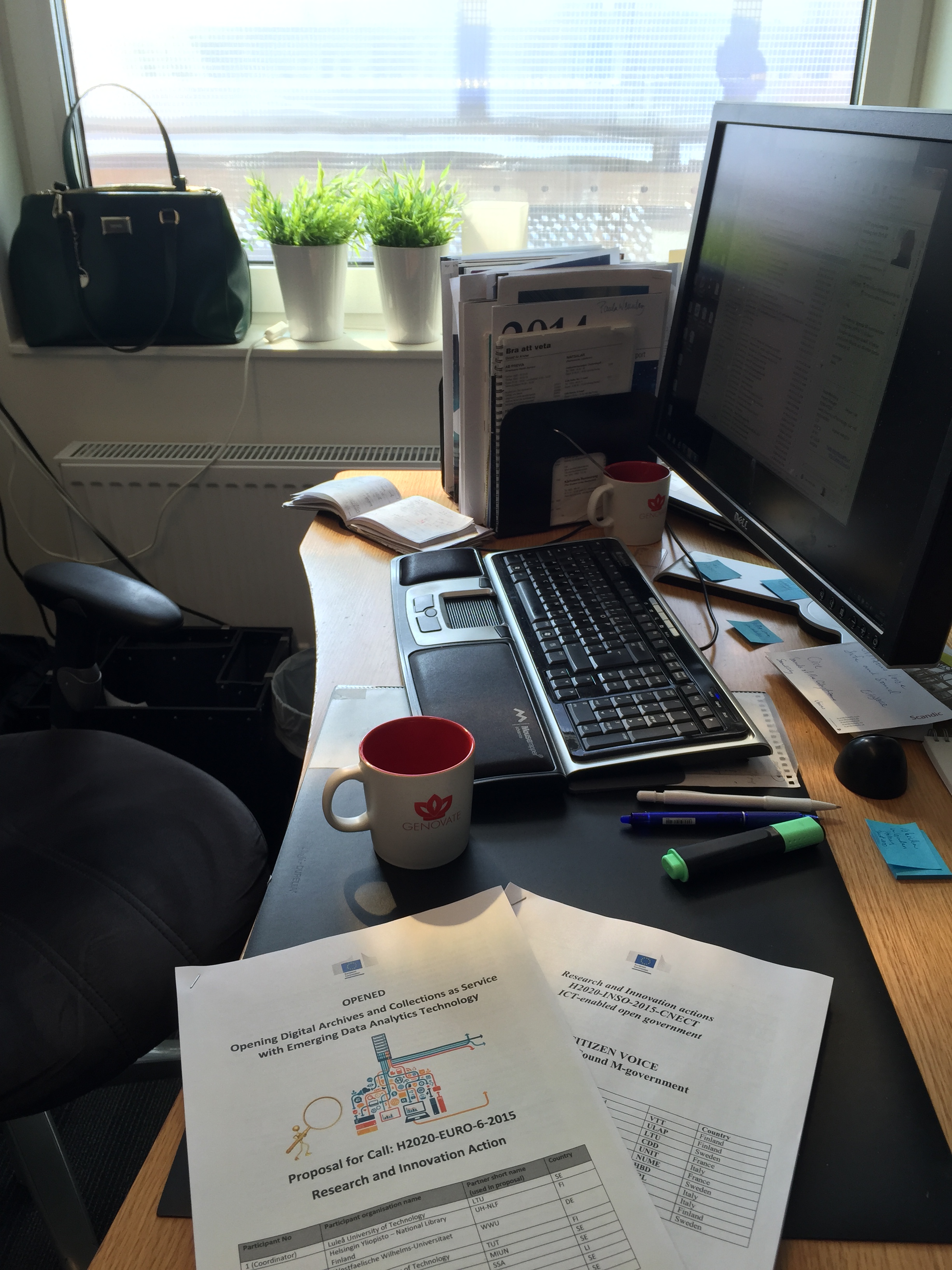

The VIT project is a collaboration between Luleå University of Technology and industry implementing a Ghost Drive Detection system. The system detects drivers going in a wrong direction. The project’s ambition is to include a gender dimension in end-user involvement when developing this warning system. Today's workshop make plans for future projects based on the outcomes.
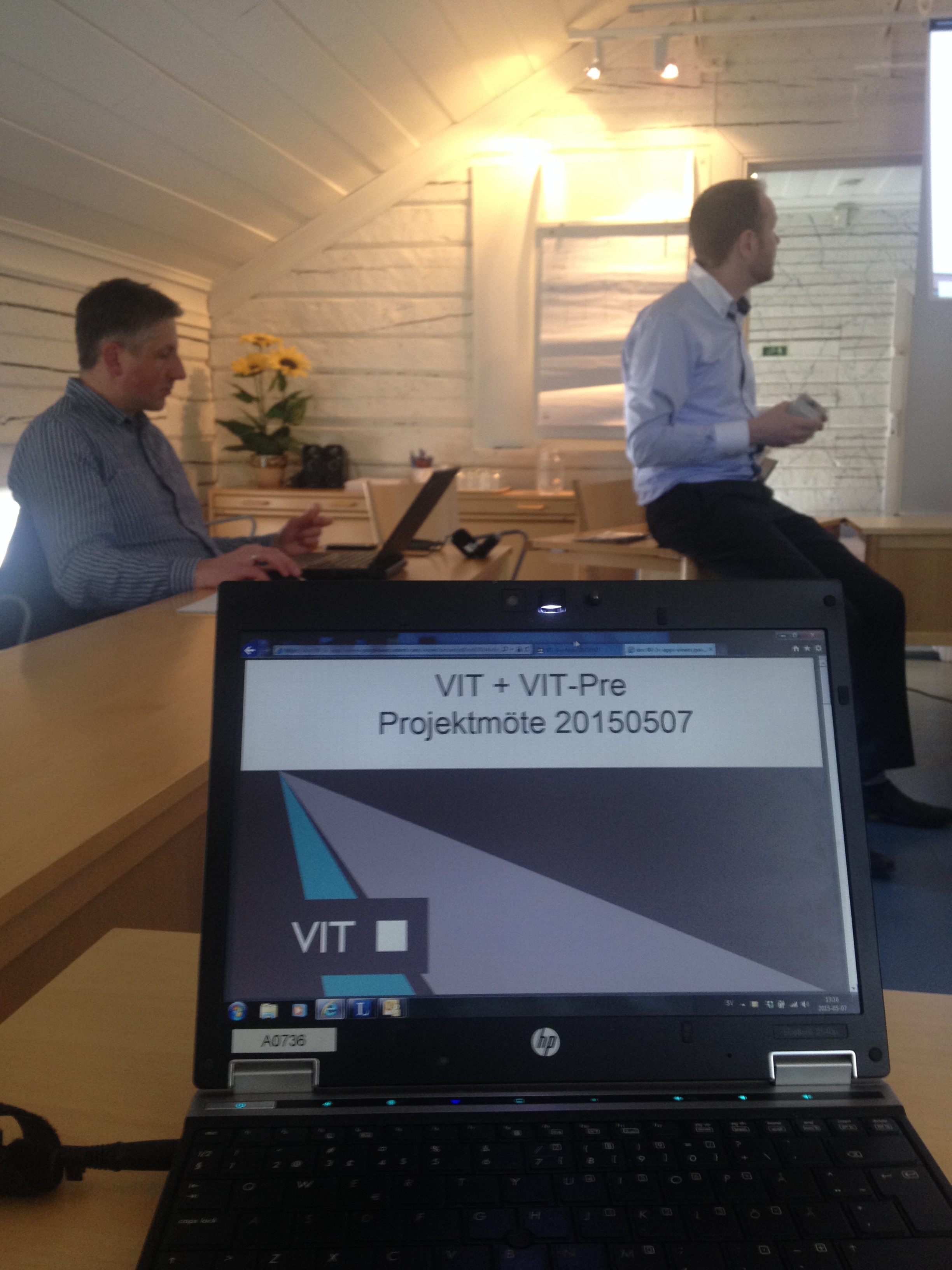

OPTi, a new LTU H2020 project, has a three-day kick-off meeting in Luleå April 21-23, 2015. OPTi will contribute to next-generation District Heating & Cooling systems. In order to strengthen innovativeness of the project and create competitive advantage OPTi aims to mainstream gender in selected, relevant project activities.
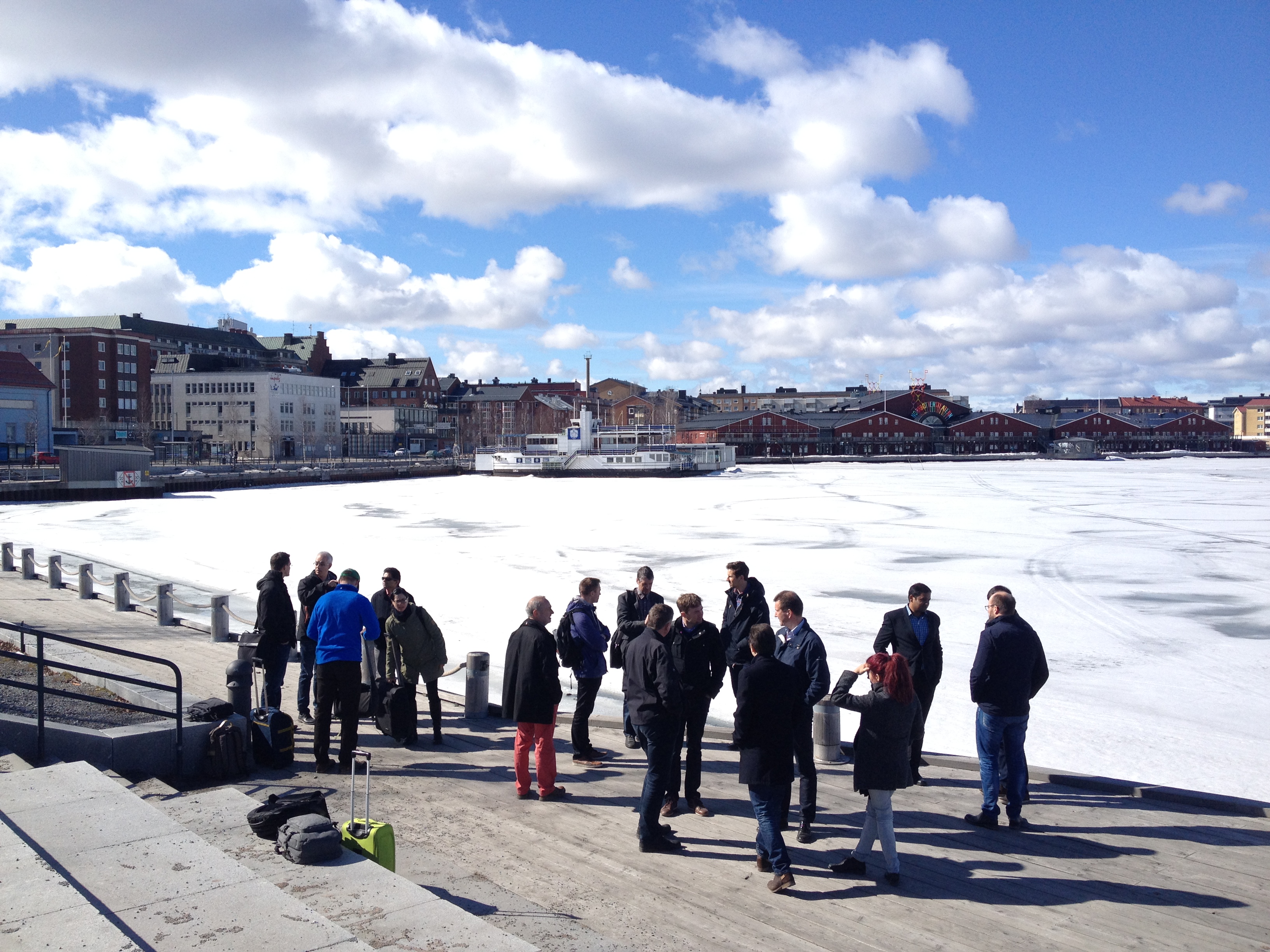
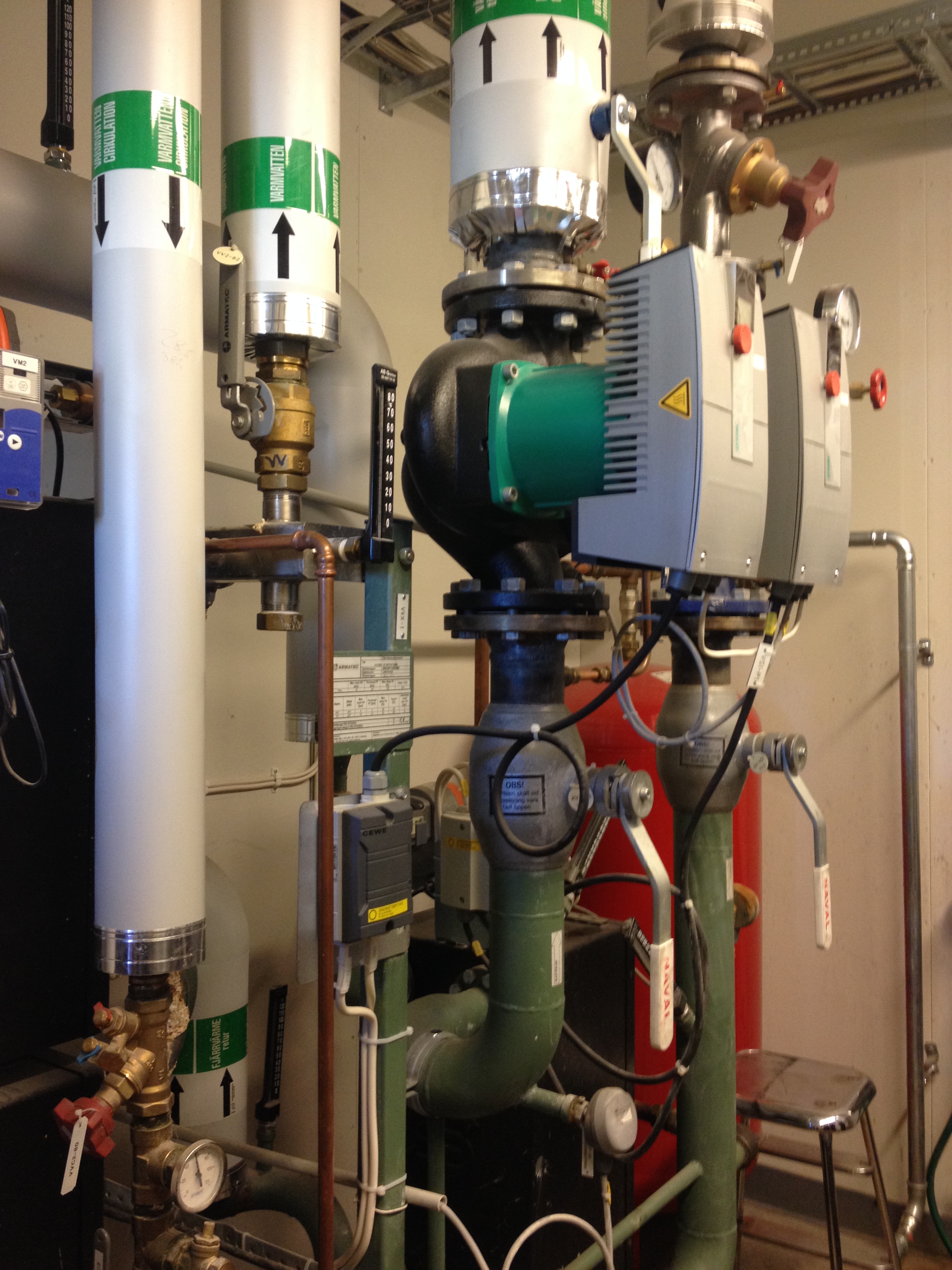
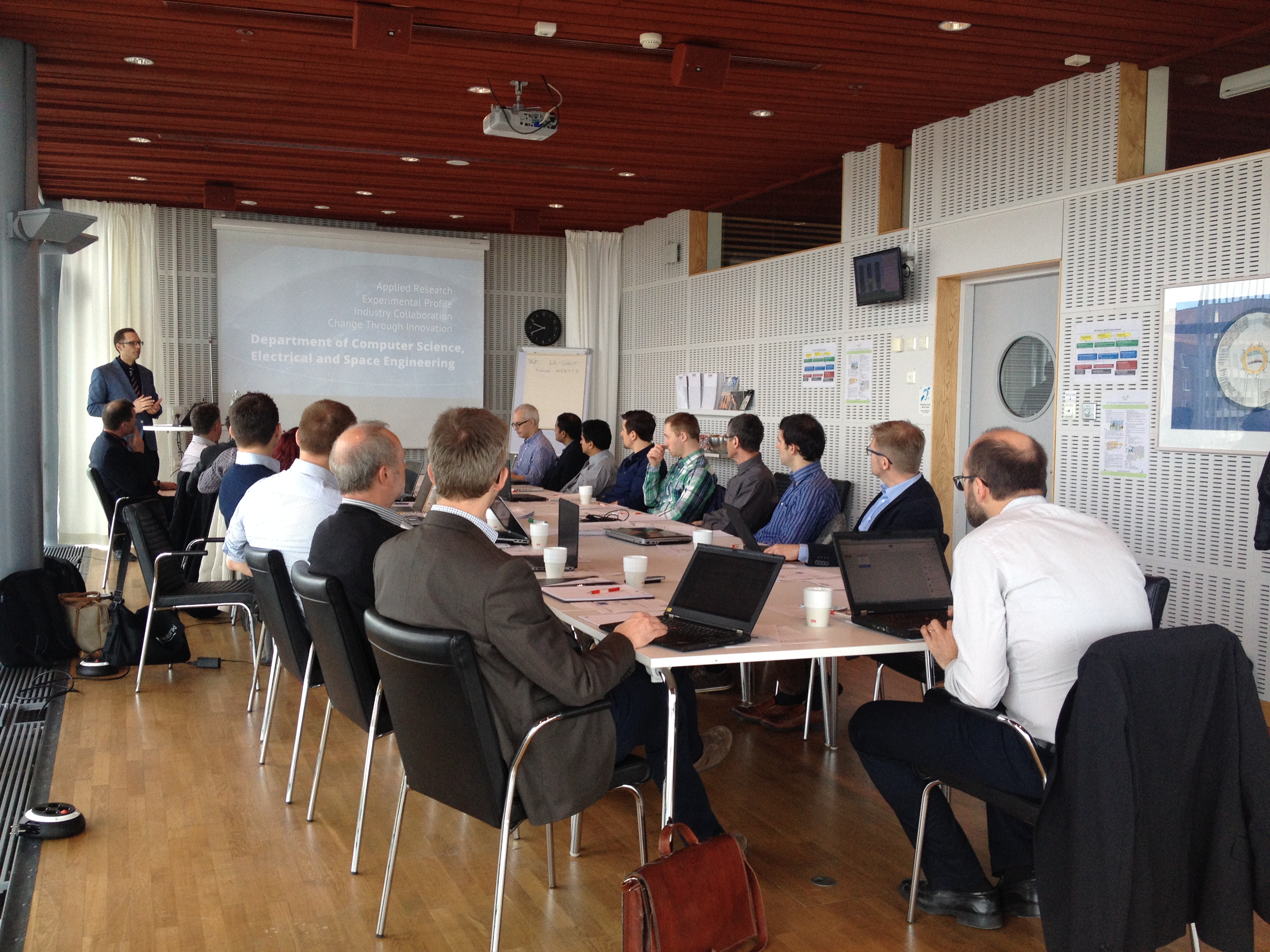
Powered by Multicategories for Joomla!2.5